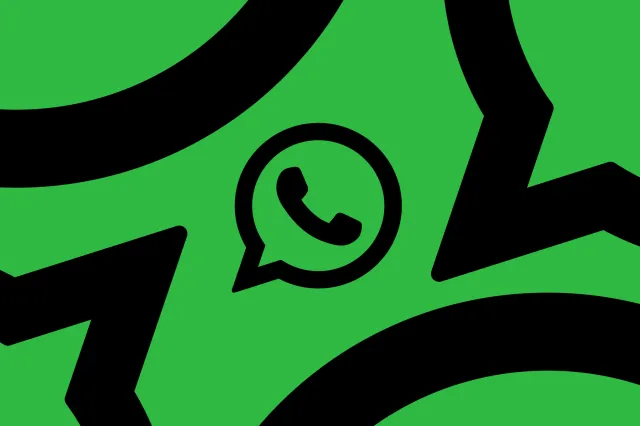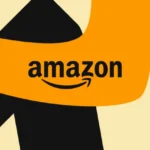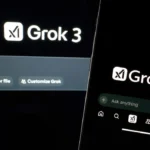Users of EU-designated Very Large Online Platforms get specific rights when it comes to the use of their data.
Meta’s popular messaging platform, WhatsApp, has reached a significant milestone in the European Union (EU), earning the designation of a Very Large Online Platform (VLOP) under the region’s Digital Services Act (DSA). This classification means WhatsApp will now be subject to more rigorous regulatory scrutiny, ensuring that it complies with stricter rules designed to protect users’ rights and enhance transparency.
WhatsApp Crosses the VLOP Threshold
The European Commission assigns VLOP status to online platforms with over 45 million monthly active users within the EU. WhatsApp crossed this threshold in 2023 and has now officially been designated as a VLOP, according to European Commissioner Thomas Regnier, as reported by Bloomberg.
In a February 14th filing, WhatsApp disclosed that an average of approximately 46.8 million users in the EU engaged with WhatsApp Channels—the platform’s broadcasting feature—over the last six months of 2024. Shortly after, on February 16th, WhatsApp updated its privacy policy, incorporating new details on its data processing practices to align with its regulatory obligations under the DSA.
What the VLOP Designation Means for WhatsApp
Being classified as a VLOP brings with it several new responsibilities for WhatsApp. Under the DSA, major platforms must adhere to strict requirements, including:
- Enhanced Content Moderation: WhatsApp must provide users with mechanisms to report illegal content, services, or goods and take necessary steps to prevent or remove them efficiently.
- Greater Transparency and Accountability: The platform is required to disclose how its algorithms work, particularly regarding recommendations and content ranking.
- User Data Protection and Control: EU users will have more control over how their data is collected and utilized, with the ability to opt out of personalized recommendations and profiling.
- Stronger Advertising Regulations: The DSA imposes tighter restrictions on targeted advertising, especially when it comes to children. Platforms must ensure they are not using sensitive user data to manipulate ad targeting.
How This Impacts WhatsApp Users in the EU
For users in the EU, these changes could mean an improved experience with greater transparency and safety measures. WhatsApp must now implement clearer policies on how user data is handled and provide users with options to limit data-driven services such as personalized ad targeting and AI-driven recommendations.
Additionally, the stricter content moderation rules could help in curbing the spread of misinformation, scams, and other harmful digital activities that often plague online platforms. WhatsApp users may soon see new reporting tools and stronger enforcement mechanisms aimed at maintaining a safer digital environment.
Meta’s Growing List of Regulated Platforms
Meta is no stranger to these regulations. Facebook and Instagram have already been classified as VLOPs under the DSA, meaning they are already navigating the increased scrutiny and compliance measures required by the EU. WhatsApp’s inclusion in this category further solidifies Meta’s significant presence in the region and highlights the growing responsibilities of tech giants in adhering to evolving digital policies.
What’s Next for WhatsApp?
As WhatsApp adjusts to its new regulatory status, the company will need to demonstrate how it plans to comply with the DSA’s stringent rules. This may involve rolling out new transparency reports, updating user consent options, and refining its content moderation policies. Failure to comply with these regulations could lead to hefty fines, reputational damage, and potential service restrictions in the EU market.
With Europe taking the lead in enforcing digital accountability, WhatsApp’s journey as a VLOP will be closely watched by policymakers, digital rights advocates, and tech industry leaders worldwide.
As these changes unfold, WhatsApp users in the EU can expect a more transparent, secure, and regulated digital experience—one where they have more control over their data and greater assurances regarding the content they engage with.
Final Thoughts
The VLOP designation marks a new chapter for WhatsApp in the EU, one that comes with challenges but also opportunities for improvement. With user privacy and platform accountability taking center stage, the messaging giant must rise to the occasion and align itself with the evolving standards of digital governance.
As regulatory landscapes continue to shift, the question remains: Will other global regions follow the EU’s lead in holding tech giants more accountable? For now, one thing is certain—WhatsApp’s operations in the EU will never be the same again.










